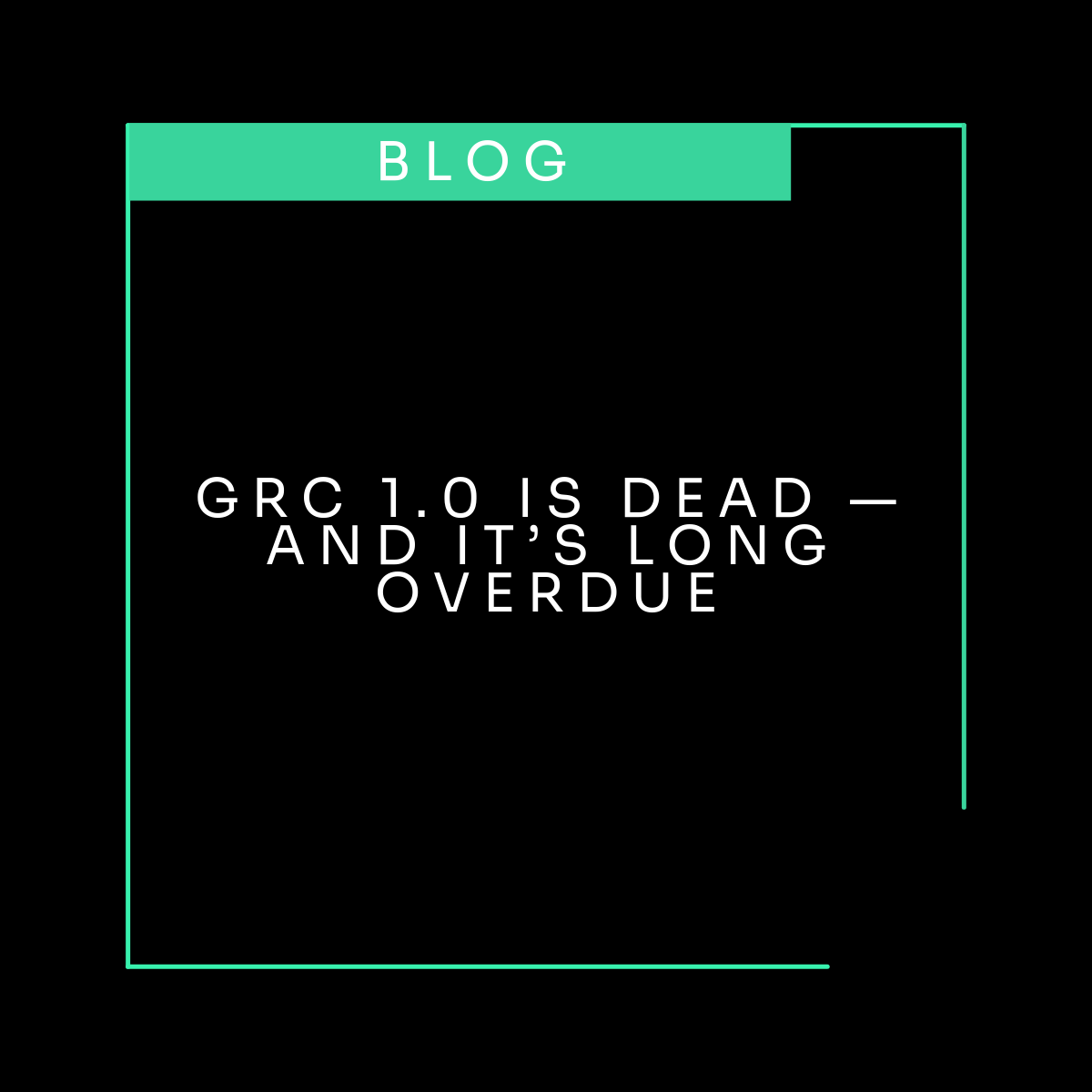Azimuth extends relationship with Truist to enhance its automation capabilities
JACKSONVILLE, FL — Azimuth, a pioneer in compliance automation, announced today that it is growing its strategic partnership with Truist Financial Corp (NYSE: TFC). With this multi-year expansion of their current partnership, Truist will implement Azimuth’s VALIDATOR software, enabling the bank to deploy automated, full-population compliance monitoring across multiple consumer businesses.
This multi-year agreement broadens the partnership that began in December 2021 with an investment from Truist Ventures and integration with several of Truist’s individual business lines and products.
“Truist is a longstanding, trusted partner and this multi-year expansion is integral for both companies,” said Rohin Tagra, Founder and CEO of Azimuth. “Industry leaders know they must continuously innovate, and we look forward to continuing to work with Truist and we’re honored the bank chose the VALIDATOR platform as the future of compliance.”
In addition to increasing full-population compliance monitoring across consumer business lines and products, implementation of the VALIDATOR software will enable more comprehensive monitoring and simplify data analysis for ease of reporting.
“At Truist, we are dedicated to fostering innovation that serve our clients’ best interests,” said Brad Bender, Interim Chief Information Officer. “By extending our partnership with Azimuth, we will improve efficiencies, reduce costs, and continue our commitment to leveraging the latest technology in our compliance efforts.”
For more information on Azimuth’s VALIDATOR software or to request a demonstration, contact sales@azimuthgrc.com or visit azimuthgrc.com/contact-us.
About Azimuth
Azimuth is a leading provider of regulatory compliance technology, offering innovative solutions that automate and streamline compliance processes. Our mission is to ensure fair and equitable treatment through revolutionary compliance technology, enabling financial institutions to meet regulatory requirements with ease and precision.
About Truist
Truist Financial Corporation is a purpose-driven financial services company committed to inspiring and building better lives and communities. As a leading U.S. commercial bank, Truist has leading market share in many of the high-growth markets across the country. Truist offers a wide range of products and services through our wholesale and consumer businesses, including consumer and small business banking, commercial banking, corporate and investment banking, wealth management, payments, and specialized lending businesses. Headquartered in Charlotte, North Carolina, Truist is a top 10 commercial bank with total assets of $523 billion as of September 30, 2024. Truist Bank, Member FDIC. Learn more at Truist.com.



